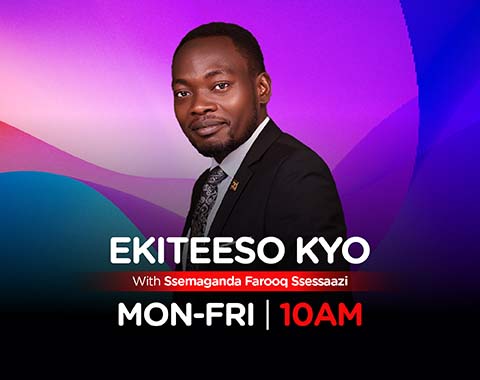Uganda Cancer Institute Calls for On-Site Exam Center to Support Child Patients Amid Stigma and Treatment Gaps
Kampala, Uganda – The Uganda Cancer Institute (UCI) has appealed to the government to establish an examination centre at its facility to enable children undergoing cancer treatment to complete their education without disruption. The proposal comes in response to reports of widespread stigma and family neglect that often force young patients to miss critical exams.
Research indicates there are over 3,000 childhood cancer cases nationwide, yet only three out of every ten affected children access treatment at the country’s three specialized centers in Mbarara, Mulago, and Gulu.
Dr. Joyce Balagadde, a pediatric oncologist at UCI, emphasised the need for greater public awareness to combat stigma and improve early detection. She spoke to journalists at a briefing held at the Media Centre in Kampala.
Byte: Dr. Joyce Balagadde, Pediatric Oncologist
“We need more sensitisation to eliminate the stigma surrounding childhood cancer. Parents must be encouraged to bring their children for fertility tests at Mulago to understand their future options.”
Dr. Balagadde also highlighted the difficulties in researching childhood cancers due to the varying and often atypical symptoms. She noted that leukaemia is the most common and severe type affecting children, among other forms.
Dr. Alfred Jatho, also from UCI, pointed out that Uganda faces significant challenges in conducting locally relevant cancer research. He explained that the institute heavily depends on donor funding, which often comes with directives that may not align with Uganda’s specific needs.
Byte: Dr. Alfred Jatho, UCI
“As a country, we are constrained in conducting meaningful cancer research because we rely on donations. Donors often dictate research priorities, which may not address our local context.”
Budget constraints further hamper UCI’s efforts. Out of the 40 billion shillings received from the Ministry of Health, only 15% is allocated directly to patient care, while the remainder is directed toward infrastructure and administrative costs.
During the briefing, a cancer survivor shared their experience with stigma, underscoring the emotional and social challenges faced by patients and their families. The testimony highlighted the urgent need for psychosocial support and inclusive policies, such as the proposed exam center, to help children continue their education during treatment.
The institute hopes the government will consider its proposal to install an exam centre, ensuring that children fighting cancer do not also lose out on their future opportunities.












